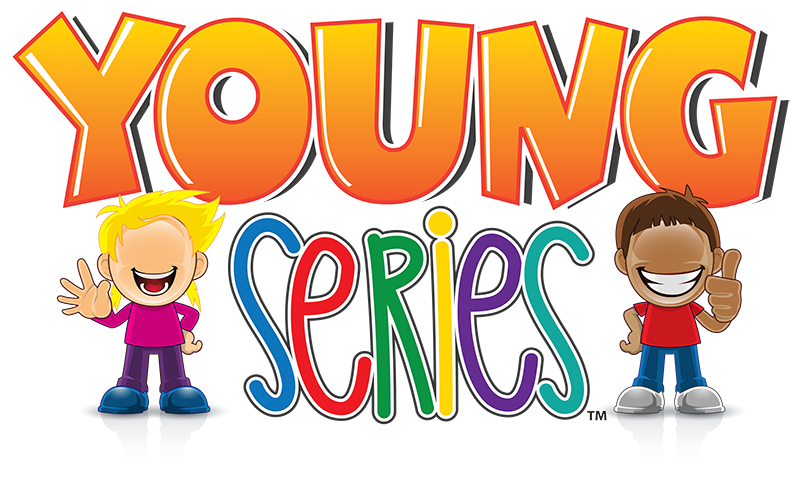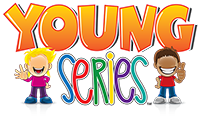Research has proved having parental and/or familial involvement in early childhood literacy is of great importance to a child’s success. The few home book programs that are available for minority children increase both the number of books in the home, which is yet another key predictor of later reading achievement (Chall, Jacobs, & Baldwin, 1990; Yaden, Tam, Madrigal, Brassell, Massa, Atlamirano, et al., 2000), and the overall frequencies of literacy activities experienced by children at home (Robinson, Larsen, & Haupt, 1996). It is no surprise, that minority parents read with their children the books that are sent home from school (Connor, 2002).
Initial disadvantages that minority children have when it comes to early childhood literacy often stem from parents’ immigrant and socioeconomic status and their lack of knowledge about the United States educational system (Schhneider, Martinez, & Owens, n.d.). Parents are a child’s very first educator when it comes to not only literacy, but also to a wide range of developmental achievement. This involvement has a tremendous impact to a child’s early language and literacy development and will continue throughout their school years (McCoy & Cole, 2011). According to Bus, Ijzendoorn, & Pellegrini (1995), parental involvement in their child’s reading has been found to be the most important determinant of language and emergent literacy.
Having the resources seems to play an important factor when it comes to literacy development in minority children. If minority parents are known to read the books that are sent home from school, there appears that the relationship between home and school needs to be a stronger bond where collaboration is achieved. Parents who introduce their babies to books give them a head start in school and an advantage over their peers throughout primary school (Wade & Moore, 2000). When we look at households where English is not spoken, we can begin to see a need for bilingual books.
This is why we are focused on only publishing bilingual children’s books. With our target, we will be able to market our bilingual books to families in middle-upper income communities that are able to purchase books for their children and at the same time, be able to cater the low-income communities with our donated bilingual children’s books where English may not be spoken at home. With this effort, parental involvement strengthens as proven in earlier research.













